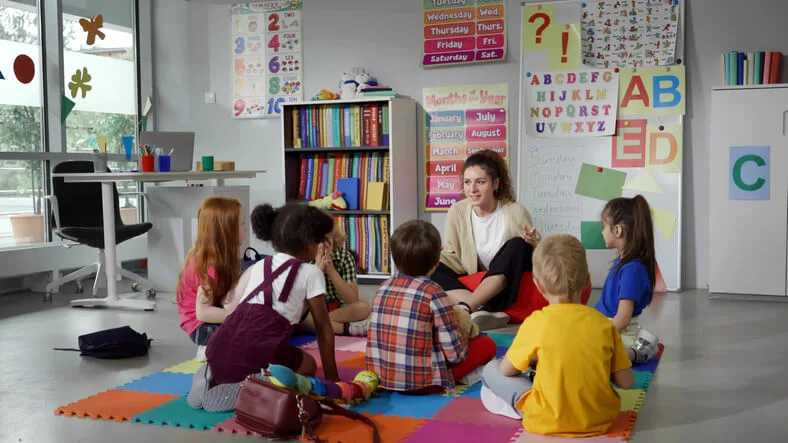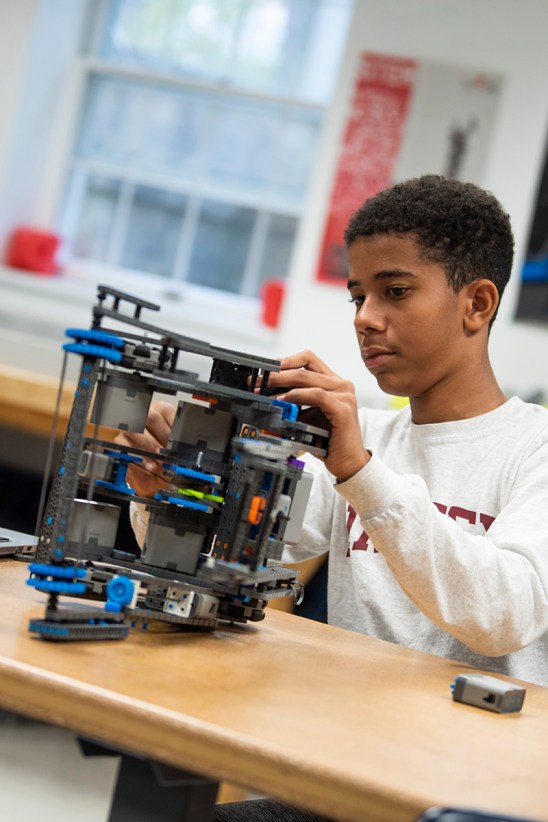The survey, conducted online in August for the National Center for Learning Disabilities (NCLD), questioned 1,980 men and women about their understanding of learning disabilities. Among them, 12 percent reported having a learning disability and 8 percent reported having a child with a learning disability.
NCLD officials say the survey demonstrates the need for more education about the causes and treatments of learning disabilities, as well as the rights of people with learning disabilities in the workplace.
Among the survey’s findings:
• While 91 percent of respondents know what dyslexia is, two-thirds are not familiar with learning disabilities known as dysgraphia, dyscalculia, and dyspraxia.
• 76 percent correctly believe that genetics can cause learning disabilities, but 43 percent wrongly believe learning disabilities are correlated with a person’s IQ.
Asked about the causes of learning disabilities:
• 22 percent wrongly blame too much time watching TV;
• 31 percent incorrectly point to a poor diet;
• 24 percent wrongly believe one cause is childhood vaccinations; and
• More than a third incorrectly believe that a lack of early childhood parent-teacher involvement can cause a learning disability.
Meantime, 83 percent of those surveyed believe that early intervention can help a child with a learning disability, but more than half incorrectly believe medication and mental health counseling are required for treatment.
And 55 percent wrongly believe that eyeglasses or contact lenses can treat certain learning disabilities.
Most people (84 percent) see learning disabilities as a growing issue in the United States. And while 90 percent know it’s illegal to terminate an employee because of a learning disability, nearly a third incorrectly believe it’s legal for an employer to ask a prospective employee if he or she has a learning disability.
When it comes to children, nearly half of the parents of kids with learning disabilities say their child has been bullied in the last year. And more than a third of parents surveyed say their child’s school doesn’t test enough for learning disabilities.
Read the full executive summary of the survey at www.ncld.org/types-learning-disabilities/what-is-ld/survey-executive-summary.












